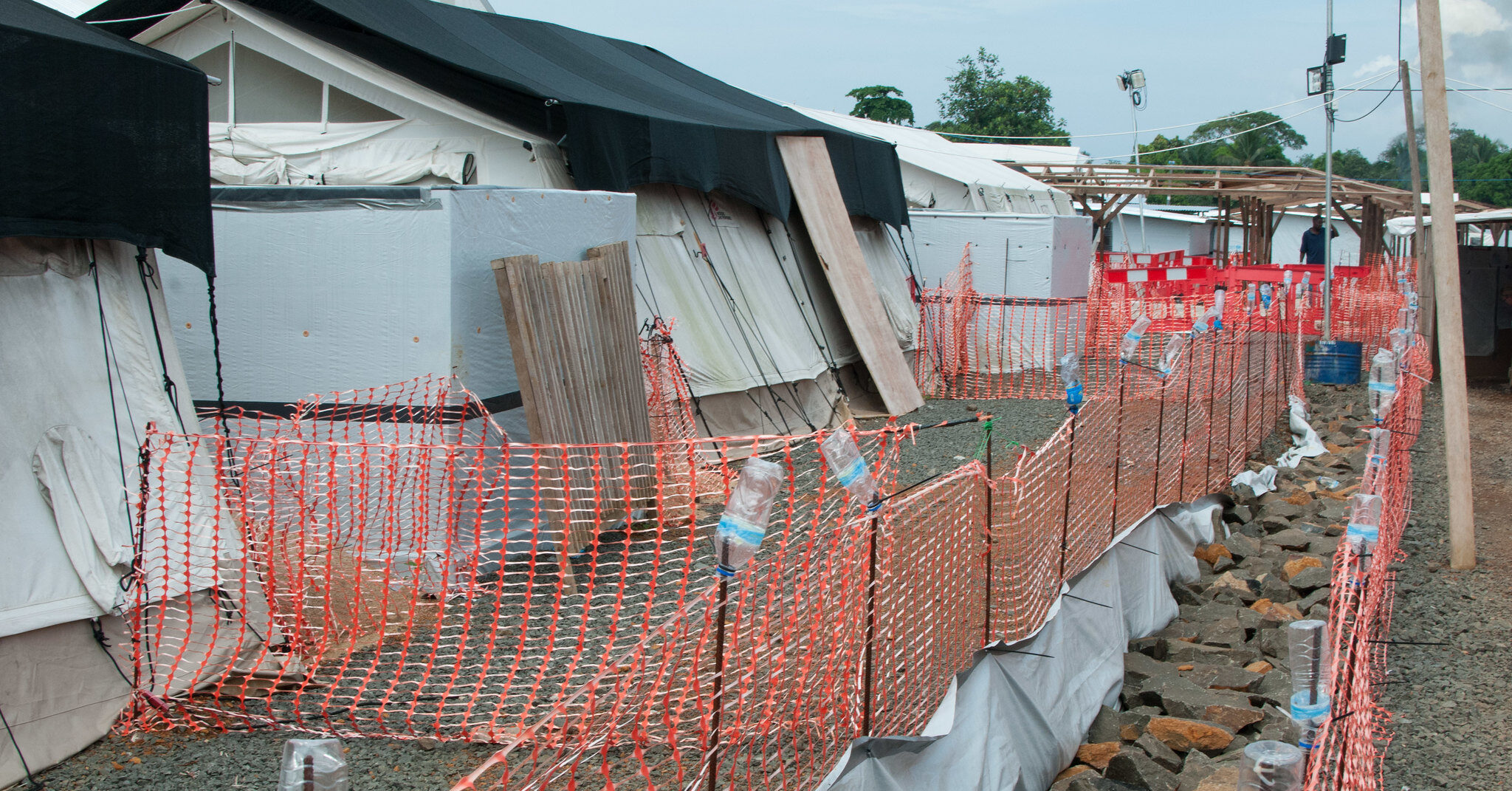Logistics and operations planning with Médecins Sans Frontières

With thanks to the ICMS for sponsoring this event as part of Kit Searle’s KE Catalyst project
(Feature image credit: Ebola treatment unit run by Médecins Sans Frontières in Monrovia, Liberia. Photo taken on 2 December 2014. Credit: UNMEER/Simon Ruf. License: CC BY-ND 2.0)
Logistics and operations planning with Médecins Sans Frontières / School of Mathematics by blogadmin is licensed under a Creative Commons Attribution CC BY 3.0




Kit Searle, one of our operational researchers, is hosting a workshop to foster new collaborations between stakeholders and Médecins Sans Frontières.
Médecins Sans Frontières (MSF), also known as Doctors without Borders, provide medical care and humanitarian assistance in more than 70 countries. The organisation often works in fast-paced, highly-insecure environments.
Kit Searle is collaborating with MSF, helping their aid workers maintain access to their facilities despite the uncertainties caused by extreme climate events or conflict.
MSF employ GIS technology to determine the physical accessibility of their healthcare facilities to local communities, measuring how quickly an individual in a given populated area is able to visit facilities, such as mobile clinics, vaccination sites, and community health posts. These insights are crucial in environments where patients can walk for hours, or even days, to reach MSF sites.
The accessibility model determines the travel times to facilities by leveraging various geospatial datasets, including topography, land cover, roads and paths, water bodies and rivers, and population data. The data returned by the model can assist decision makers at MSF in deciding where to locate emergency medical facilities.
Logistics and operations planning with Médecins Sans Frontières
Join Kit for a one-day workshop on Monday 19th May at Edinburgh Futures Institute exploring the challenges of planning logistics operations for delivering high-quality medical care in complex environments.